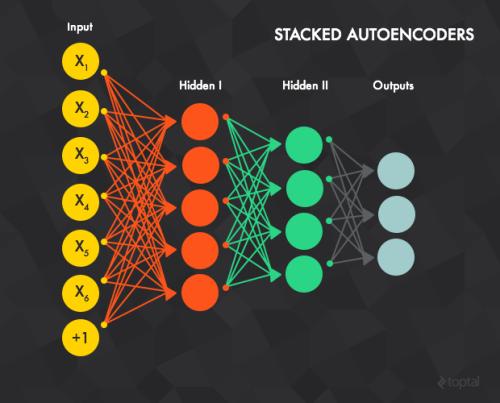Deep learning methods have been exerting their strengths in long-term time series forecasting. However, they often struggle to strike a balance between expressive power and computational efficiency. Resorting to multi-layer perceptrons (MLPs) provides a compromising solution, yet they suffer from two critical problems caused by the intrinsic point-wise mapping mode, in terms of deficient contextual dependencies and inadequate information bottleneck. Here, we propose the Coarsened Perceptron Network (CP-Net), featured by a coarsening strategy that alleviates the above problems associated with the prototype MLPs by forming information granules in place of solitary temporal points. The CP-Net utilizes primarily a two-stage framework for extracting semantic and contextual patterns, which preserves correlations over larger timespans and filters out volatile noises. This is further enhanced by a multi-scale setting, where patterns of diverse granularities are fused towards a comprehensive prediction. Based purely on convolutions of structural simplicity, CP-Net is able to maintain a linear computational complexity and low runtime, while demonstrates an improvement of 4.1% compared with the SOTA method on seven forecasting benchmarks.
翻译:暂无翻译





